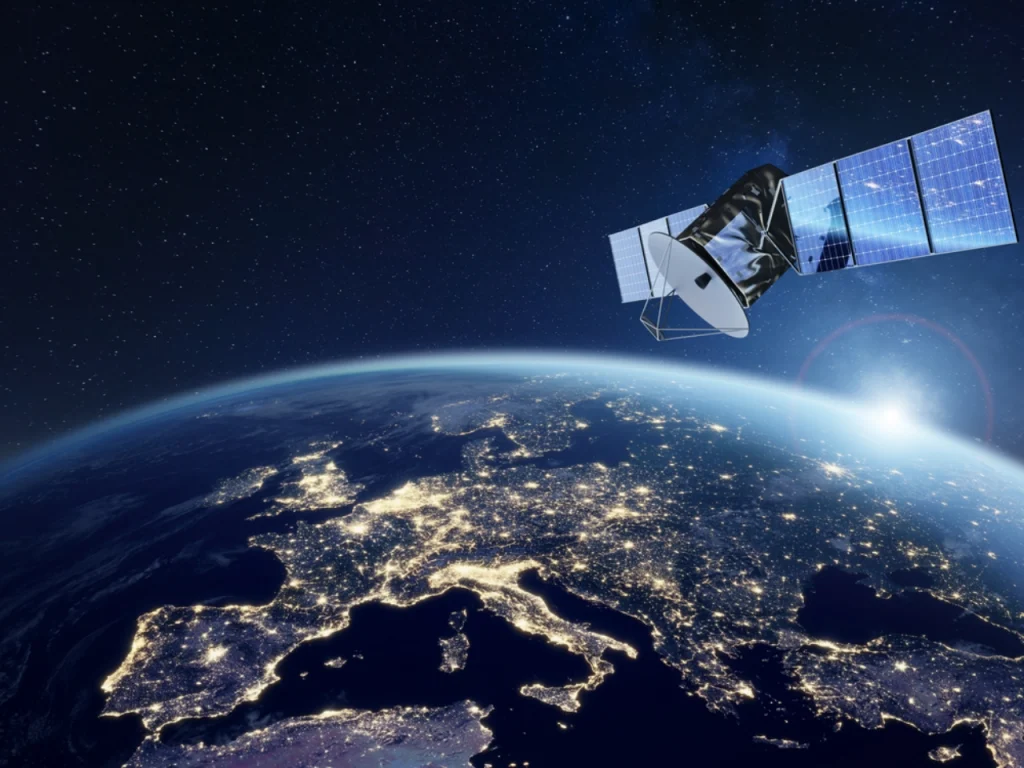- The UK Space Agency will allocate £10 million to develop direct-to-device satellite communications and lunar infrastructure projects.
- The funding aims to position Britain as a leader in next-generation space technologies amid growing global competition.
What happened: New funding for space innovation
The UK government has announced a £10 million investment in satellite communications, targeting direct-to-device connectivity and lunar infrastructure. As first reported by Telecoms.com, the funding will support projects enabling smartphones to connect directly to satellites – a technology pioneered by companies like AST SpaceMobile, which recently demonstrated 14Mbps download speeds in rural Scotland during trials with BT.
The lunar communications component builds on the UK’s £1.6 billion commitment to NASA’s Artemis programme. According to the original report, at least £3 million will fund British startups developing low-power base stations for future moon bases, with prototypes scheduled for testing in 2025.
Also read: BAE Systems, Rocket Lab receive $60M US semiconductor boost
Also read: Will Trump and Musk carve a new path for U.S. IT infrastructure?
Why it’s important
The funding underscores the UK’s strategic push to establish itself as a competitive force in next-generation space technologies, particularly in two critical growth areas. Direct-to-device communications could bridge persistent connectivity gaps in rural communities and provide vital emergency networks in disaster-hit areas where traditional infrastructure fails. Meanwhile, the lunar infrastructure projects position Britain as a meaningful contributor to future moon exploration missions and potential commercial activities in cislunar space.
However, space industry analysts argue that £10 million represents a modest sum compared to the billions being invested annually by the US and EU space agencies. With SpaceX’s Starlink already testing direct-to-cell technology and multiple nations racing to establish lunar presence, the UK must significantly accelerate both funding and execution to avoid being left behind in this strategically important sector. The success of these initial projects could ultimately determine whether Britain secures a leadership role or remains a secondary player in the rapidly evolving £490 billion global space economy.

